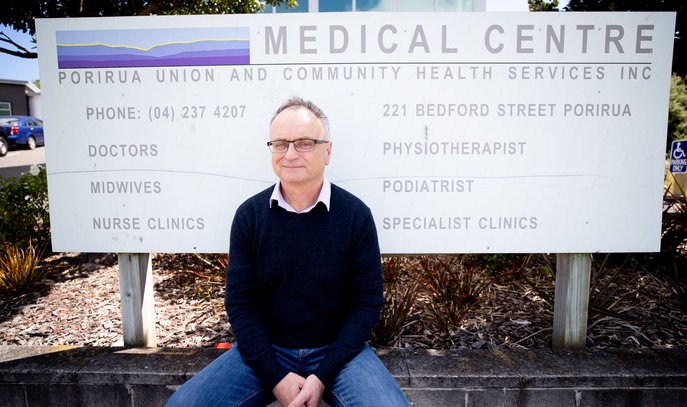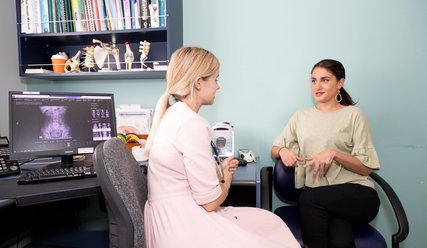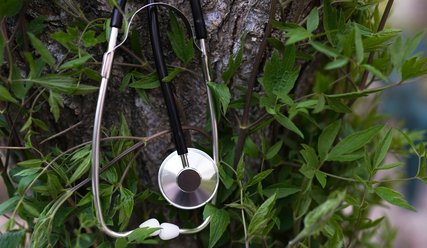College of GPs calls PHARMAC’s diabetes decision today a ‘win for equity’
Today’s decision by PHARMAC to fund two new medications for the management of Type 2 diabetes, and to especially make them available for Māori and Pacific patients is a win for equity says The Royal New Zealand College of General Practitioners.
The College and its Māori representative group, Te Akoranga a Māui, worked together earlier this year to advocate about the importance of empagliflozin (Jardiance) and dulaglutide (Trulicity) for the management of Type 2 diabetes.
There are 220,000 New Zealanders living with Type 2 diabetes, and an estimated 11 per cent of the health budget goes towards treating the disease each year. Māori are affected three times as often as Pākehā patients, and Pacific people five times as often.
“We know that GPs across the country will whole-heartedly endorse this decision from PHARMAC as the right one,” said Dr Betty
“We commend PHARMAC in this instance for making these medications available and developing criteria specifically targeting people of Māori and Pacific ethnicity, who often experience early onset of this disease and have disproportionately poorer health outcomes.

“PHARMAC’s announcement today will give many people with Type 2 diabetes improved treatment options for managing their disease, which we are increasingly diagnosing at younger ages, to devastating effect,””
These new medications have substantial advantages in that they typically lead to weight loss, do not cause hypoglycemia (low blood sugar), and protect against cardiovascular and renal disease independently of their effects on glucose levels.
“Māori and Pacific patients are seven to 12 times more likely to progress to end-stage renal failure compared with Europeans. This situation obviously needs to drastically improve; today’s announcement by PHARMAC will make a measurable difference to the lives of many Kiwis by giving them options that, until now, have just been unattainable,” says Dr Betty.
Related

26 September 2025 | Media releases
Up to 700 GP trainees to benefit from funding boost this year

21 August 2025 | Media releases
Funding round opens for research benefitting general practice

30 July 2025 | Media releases